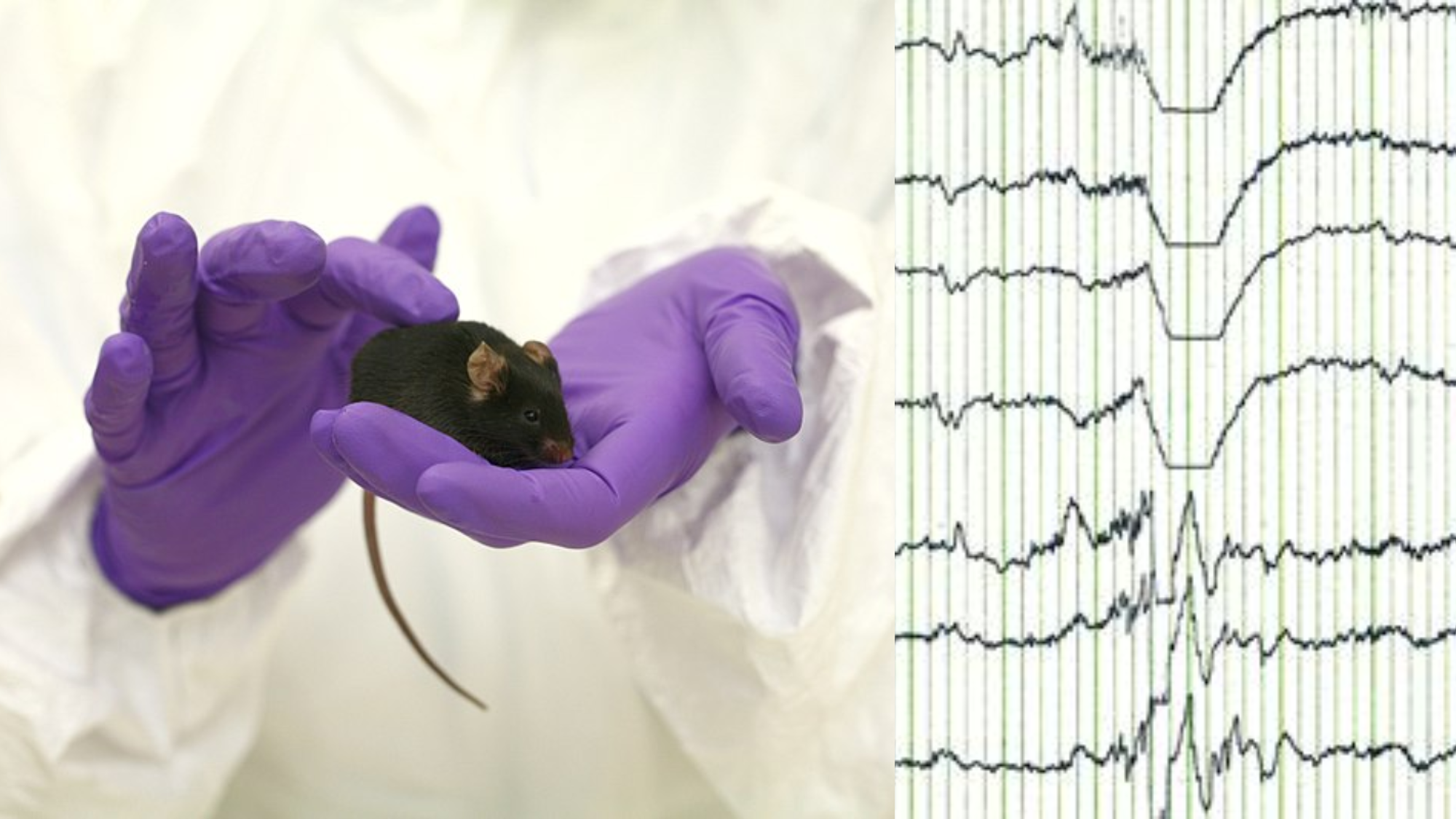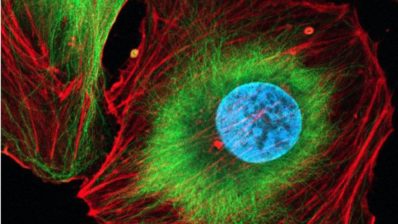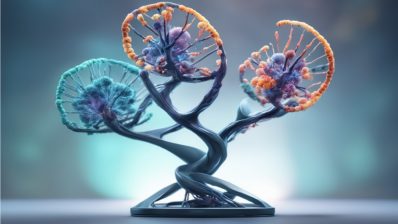According to previous studies at the Hospital del Mar Medical Research Institute (IMIM) and the Centre for Genomic Regulation (CRG), a component of green tea — epigallocatechin gallate or EGG — could slightly improve executive functions in adults with Down syndrome. Now, a study led by IMIM researcher Victoria Puig, and with the collaboration of the CRG researcher Mara Dierssen, has described on a functional level how EGG works in mouse models with Down syndrome and how it modifies their brain disorders.
The study consisted of recording neuronal activity in two brain regions critical for learning and memory, the prefrontal cortex and the hippocampus, in trisomic mice and their non-trisomic siblings, before and after treatment for one month with epigallocatechin gallate (included in the water given to the mice to drink).
The obtained results are the following:
- Brain circuits relevant to memory and learning are too activated in Down’s model mice and their connectivity is poor.
- Neural activity during sleep is abnormal and probably interferes with memory consolidation.
- They have identified biomarkers in brain rhythms that can predict memory deficits in mice.
- These memory deficits are corrected with chronic EGG treatment.
“The study suggests that the memory deficits in Down syndrome are due, at least in part, to the hyperactivity of certain neural networks and deficiencies in connectivity”
“Our results suggest that both hyperactivity of neural networks and deficiencies in the connectivity of specific brain circuits are possible mechanisms that contribute to memory deficits in Down syndrome. Therefore, they open new therapeutic possibilities for the treatment of disability intellectual, as well as sleep disturbances”, Puig explains. The researcher adds: “the reversion of memory deficits and neurophysiological disorders observed with EGG is temporary and lasts up to a few weeks after the end of the treatment. It suggests that it should be a chronic treatment“.
The laboratory will continue to study it. “On the one hand, we are finishing a study where we describe that cognitive stimulation — which in mice is done with larger, double-decker enrichment cages, with toys and with 6-7 mice to promote social interaction — improves memory in Down syndrome mice and corrects neurophysiological disorders. On the other hand, we are investigating whether the combination of green tea with other drugs further enhance memory”, concludes Puig.
Maria Alemany-González, Thomas Gener, Pau Nebot Marta Vilademunt, Mara Dierssen, M. Victoria Puig. Prefrontal-hippocampal functional connectivity encodes recognition memory and is impaired in intellectual disability. PNAS






